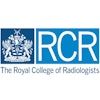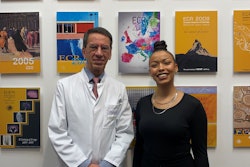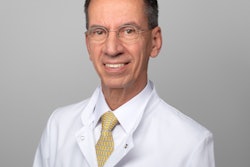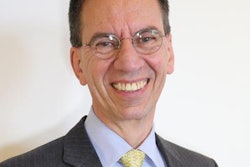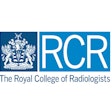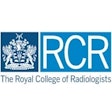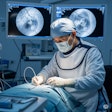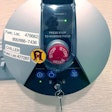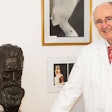Scientific research can only flourish in an environment free of politicization and undue interference, and that environment must be prioritized and defended, wrote Editor-in-Chief Prof. Dr. Bernd Hamm in an editorial posted on 10 September in European Radiology.
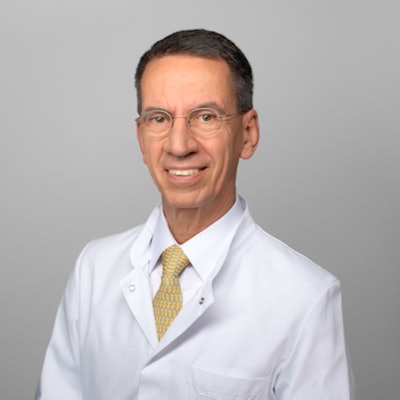 Prof. Dr. Bernd Hamm
Prof. Dr. Bernd Hamm
Although society has long held scientific pursuits in high esteem, he notes that this respect may be in jeopardy, given the rise of anti-intellectualism and hostility and disdain toward science disseminated through media and social media in recent years.
The freedom to pursue independent research cannot be taken for granted in this atmosphere, Hamm wrote, and must be actively protected. After all, this freedom drives innovation, in turn driving economic and social growth.
Citing the recent editorial in Nature calling on international scientific organizations to speak out against anti-science movements and threats to academic freedom, he called on scientists to “maintain and strengthen” that intellectual independence.
Hamm stated that with freedom comes responsibility: Scientists must prioritize excellence in their research. To maintain public trust, and in some cases win back lost ground, research scientists must be transparent. “Clear and open communication of research findings and methodologies is crucial to building public trust in science and supporting an inclusive, open, and democratic society,” he wrote.
This, Hamm suggested, is an important counter to the regular bombardment of misinformation and disinformation via media -- material for mass consumption “largely unchecked for quality or truthfulness, resulting in blurred lines between laymen's opinions and actual expertise” -- that engenders so much distrust and hostility toward academic and scientific pursuits.
These are particularly critical in the field of medical research, he noted, where public health decisions and policy must be guided by evidence-based science, and where scientists have a particular responsibility to be rigorous in their work for the benefit of society.
Despite the threats to academic and scientific freedom across the EU and globally, there are positive notes: statements issued by political bodies such as the Ministers of Higher Education in the European Area affirming a commitment to the values of freedom, autonomy, and integrity for academic and scientific institutions, acknowledging, as Hamm wrote, that “[s]cience lies at the core of liberal, democratic societies, and its quest for knowledge and facts becomes compromised when its freedom is curtailed.”
“Sapere aude,” Hamm wrote, “Dare to use your own reason.” The saying from Horace popularized by Kant during the Enlightenment that serves as the editorial’s title is relevant guidance for scientists today, he said, encouraging critical thinking and independent judgment in the pursuit of knowledge. As Hamm points out, it is active, a call for scientists to take responsibility in defending and maintaining
You can read the full editorial here.
